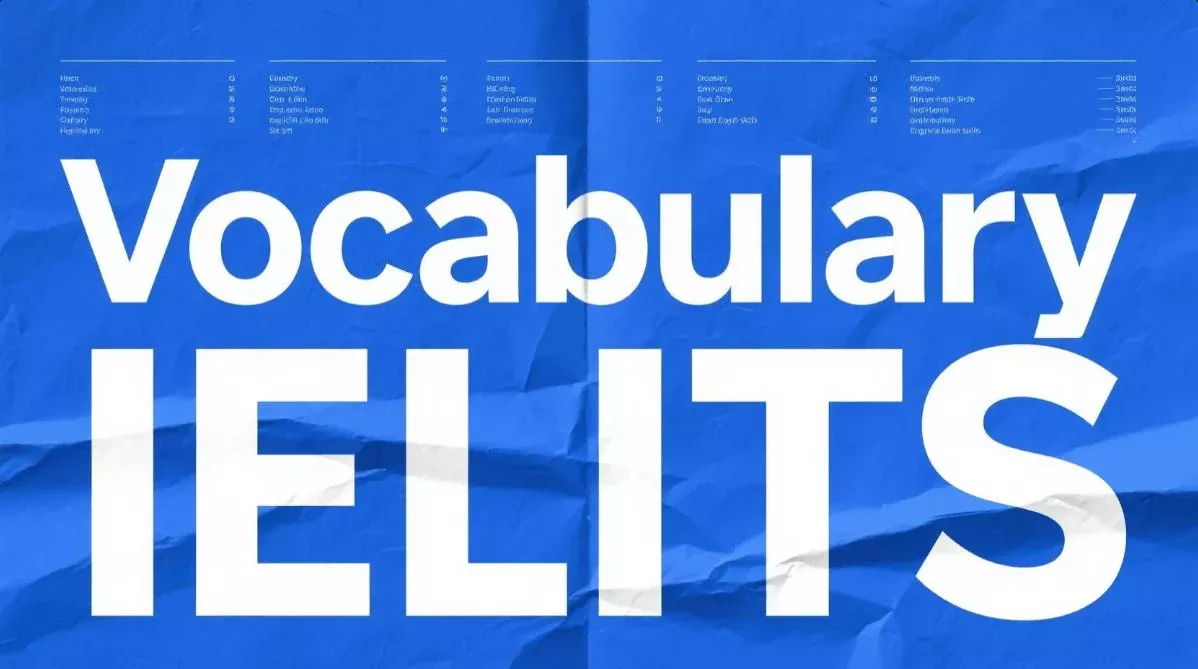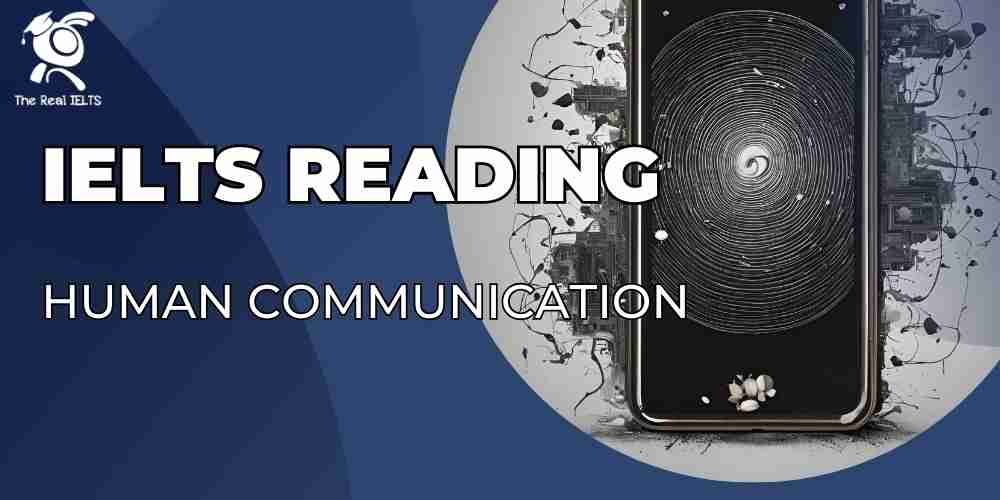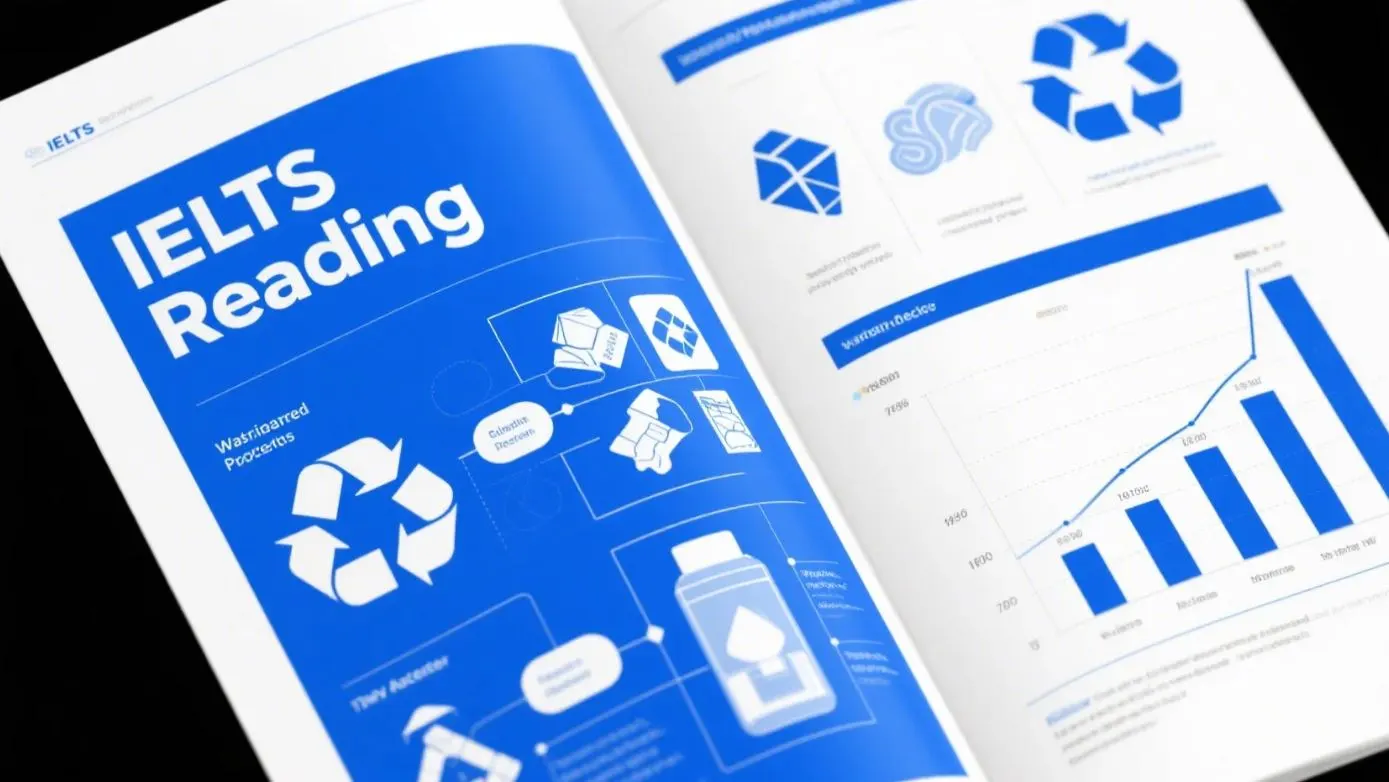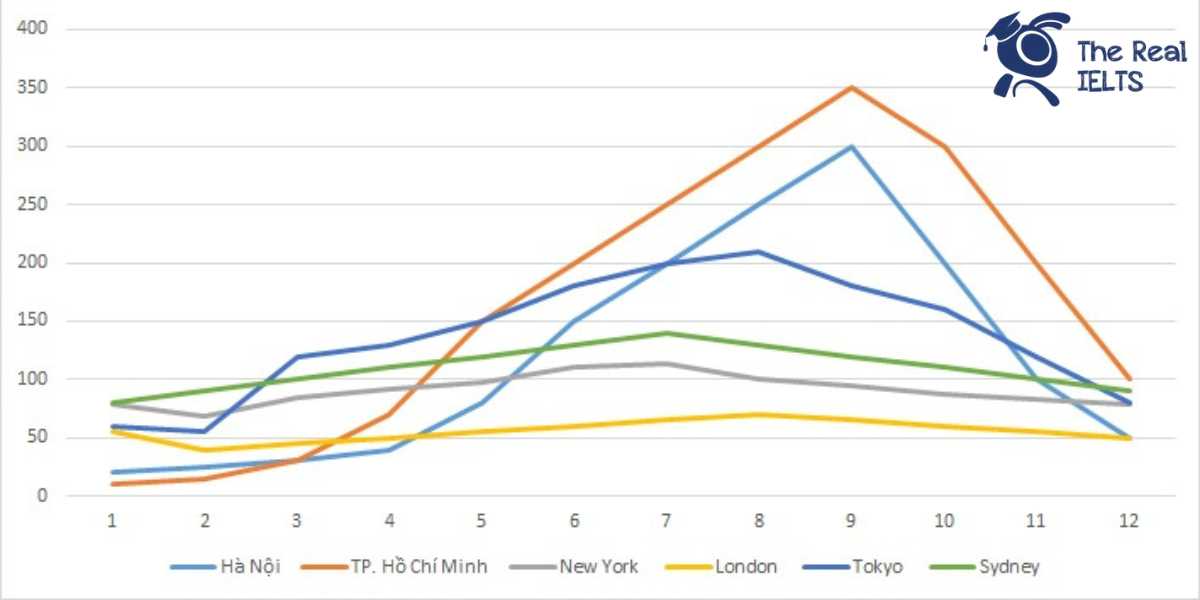Đề bài IELTS Writing Task 2 dạng Agree or Disagree Part 26:
You should spend about 40 minutes on this task
Rich countries have a moral obligation to help poor countries.To what extent do you agree or disagree?
Write at least 250 words.
Giải mẫu IELTS Writing
The debate over whether rich countries have a moral obligation to help poor countries is multifaceted and complex. While some argue that wealthier nations should assist those less fortunate, others contend that such aid can create dependency and undermine local economies. I believe that while rich countries do have some moral responsibility to help poorer nations, this assistance should be carefully managed to ensure it is effective and sustainable.
Firstly, the principle of global justice suggests that wealthier nations, having more resources, should assist those in need. Many rich countries have amassed their wealth through historical processes that often involved the exploitation of poorer regions. Therefore, providing aid can be seen as a form of reparation or rectification. Additionally, in a globally interconnected world, problems in one region can have far-reaching impacts. For example, poverty and instability in poor countries can lead to global issues such as migration crises and terrorism. Thus, helping these nations can also be in the self-interest of richer countries, creating a more stable and secure world for all.
However, while the moral case for aid is strong, it is crucial to consider how this aid is administered. Aid that is not well-targeted or that fosters dependency can do more harm than good. It is essential that aid focuses on sustainable development, empowering local communities, and building infrastructure and systems that can operate independently in the long run. For example, investing in education, healthcare, and economic development can create a foundation for lasting growth. Moreover, aid should be aligned with the needs and priorities of the recipient countries rather than being driven by the political or economic interests of the donors.
Another point of consideration is the accountability and transparency in the use of aid. Corruption and mismanagement can severely undermine the effectiveness of aid. Rich countries should work with local governments and organizations to ensure that aid reaches those who need it most and that there are mechanisms in place to monitor and evaluate the impact of aid programs.
In conclusion, while I agree that rich countries have a moral obligation to help poor countries, this assistance should be provided in a manner that promotes sustainable development and avoids creating dependency. Aid should be carefully planned, targeted, and monitored to ensure it is effective and beneficial for the long-term prosperity of poorer nations. Through such approaches, the moral responsibility of richer nations can be fulfilled in a way that genuinely improves the lives of those in need.
Cấu trúc ngữ pháp và cấu trúc câu
Cấu trúc câu và cấu trúc ngữ pháp trong bài viết
- Cấu trúc câu:
- Câu đơn: Câu có một mệnh đề chính.
- For example, poverty and instability in poor countries can lead to global issues such as migration crises and terrorism.
- Câu ghép: Câu có hai mệnh đề chính kết hợp với nhau bằng liên từ (and, but, or, so).
- While some argue that wealthier nations should assist those less fortunate, others contend that such aid can create dependency and undermine local economies.
- Câu phức: Câu có một mệnh đề chính và một hoặc nhiều mệnh đề phụ.
- While I agree that rich countries have a moral obligation to help poor countries, this assistance should be provided in a manner that promotes sustainable development and avoids creating dependency.
- Câu phức hợp: Câu có nhiều mệnh đề chính và mệnh đề phụ.
- For example, investing in education, healthcare, and economic development can create a foundation for lasting growth, and aid should be aligned with the needs and priorities of the recipient countries rather than being driven by the political or economic interests of the donors.
- Câu đơn: Câu có một mệnh đề chính.
- Cấu trúc ngữ pháp:
- Thì hiện tại đơn: Dùng để nói về sự thật hiển nhiên, thói quen, hoặc sự việc lặp đi lặp lại.
- Rich countries do have some moral responsibility to help poorer nations.
- Thì hiện tại hoàn thành: Dùng để nói về hành động bắt đầu trong quá khứ và vẫn còn tiếp diễn đến hiện tại.
- Many rich countries have amassed their wealth through historical processes.
- Câu điều kiện: Dùng để diễn tả giả thiết và kết quả.
- If aid is not well-targeted, it can do more harm than good.
- Mệnh đề quan hệ: Dùng để bổ sung thông tin cho danh từ.
- Aid that is not well-targeted or that fosters dependency can do more harm than good.
- Động từ nguyên mẫu (infinitive): Dùng sau một số động từ và tính từ.
- It is crucial to consider how this aid is administered.
- Thì hiện tại đơn: Dùng để nói về sự thật hiển nhiên, thói quen, hoặc sự việc lặp đi lặp lại.
- Từ kết nối câu và đoạn:
- While: Liên từ chỉ sự tương phản.
- Firstly: Dùng để bắt đầu liệt kê các luận điểm.
- For example: Dùng để đưa ra ví dụ.
- Additionally: Liên từ chỉ sự bổ sung.
- However: Liên từ chỉ sự đối lập.
- Moreover: Liên từ chỉ sự bổ sung.
- Another point of consideration: Dùng để giới thiệu một luận điểm khác.
- In conclusion: Dùng để bắt đầu phần kết luận.
Các từ vựng tiếng Anh cần lưu ý trong bài viết
- Moral obligation – Nghĩa vụ đạo đức
- Assist – Hỗ trợ
- Dependency – Sự phụ thuộc
- Undermine – Làm suy yếu
- Local economies – Nền kinh tế địa phương
- Responsibility – Trách nhiệm
- Effectively managed – Quản lý hiệu quả
- Sustainable – Bền vững
- Principle – Nguyên tắc
- Global justice – Công lý toàn cầu
- Resources – Tài nguyên
- Exploitation – Sự bóc lột
- Reparation – Sự bồi thường
- Rectification – Sự sửa chữa
- Interconnected – Kết nối lẫn nhau
- Far-reaching impacts – Ảnh hưởng sâu rộng
- Migration crises – Khủng hoảng di cư
- Terrorism – Khủng bố
- Self-interest – Lợi ích cá nhân
- Stable and secure – Ổn định và an toàn
- Well-targeted – Được nhắm mục tiêu tốt
- Empowering – Trao quyền
- Infrastructure – Cơ sở hạ tầng
- Independently – Một cách độc lập
- Long run – Dài hạn
- Investing – Đầu tư
- Foundation – Nền tảng
- Aligned – Phù hợp
- Recipient countries – Các nước nhận
- Accountability – Trách nhiệm giải trình
- Transparency – Sự minh bạch
- Corruption – Tham nhũng
- Mismanagement – Quản lý kém
- Local governments – Chính quyền địa phương
- Monitor – Giám sát
- Evaluate – Đánh giá
- Genuinely – Thực sự
- Long-term prosperity – Thịnh vượng dài hạn
Đọc thêm các bài Luyện Thi IELTS khác trong link nhé.















